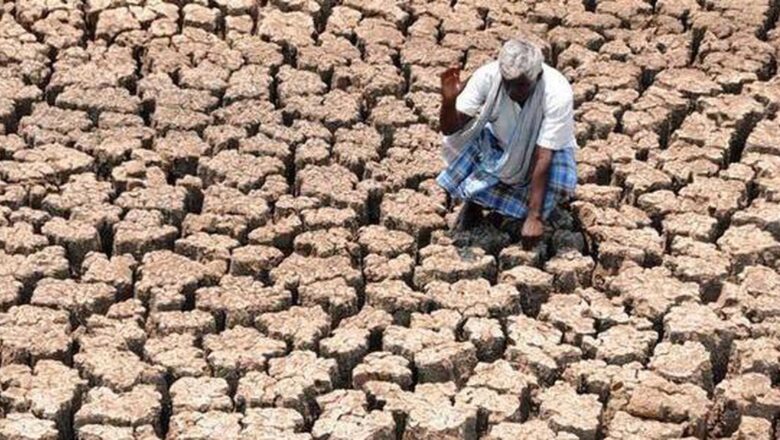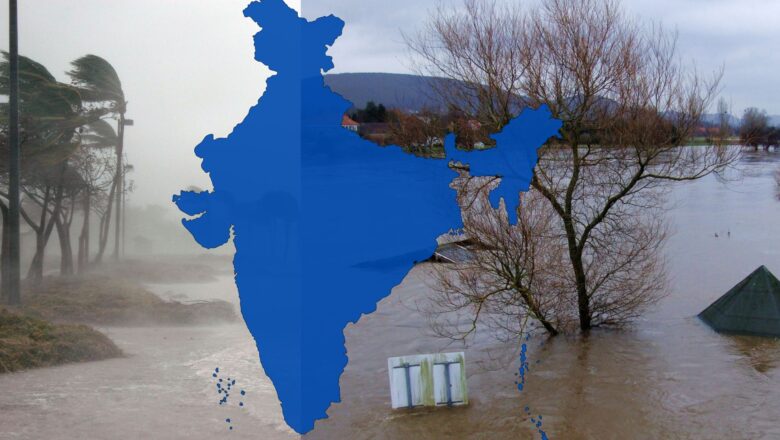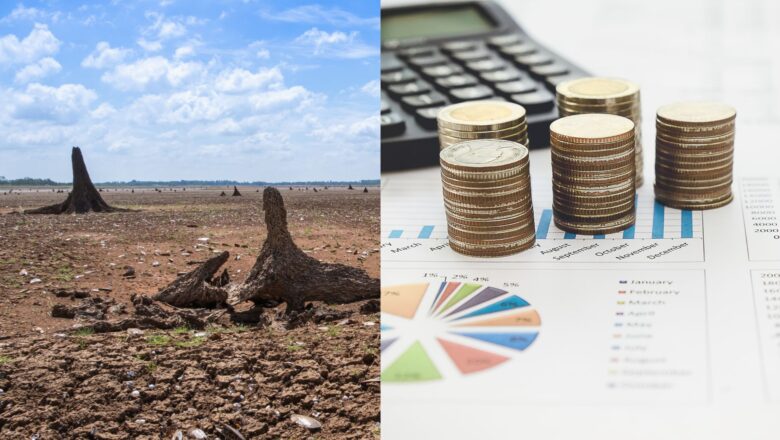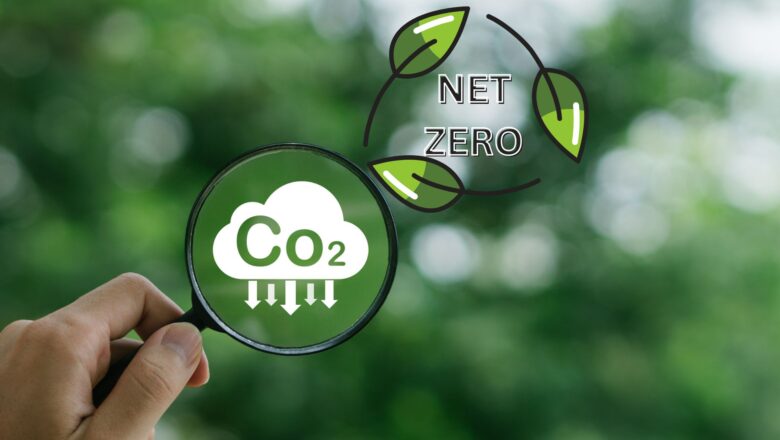
India Advances Biomedical Research with Key Facilities and Partnerships
India has taken a significant step forward in biomedical research with the inauguration of its first-ever Ferret Research Facility, the launch of the GARBH-INi-DRISHTI data repository, and a pivotal technology transfer agreement, all aimed at strengthening its role in global health security and advancing research in maternal and child health.
The groundbreaking event, held on February 3, 2025, at the Translational Health Science and Technology Institute (THSTI) in Faridabad, Haryana, was led by Dr. Rajesh Gokhale, Director General of the Biotechnology Research and Innovation Council (BRIC) and Secretary of the Department of Biotechnology (DBT).
First Ferret Research Facility: Boosting Disease Research
The newly inaugurated THSTI Ferret Research Facility marks a significant milesto...









